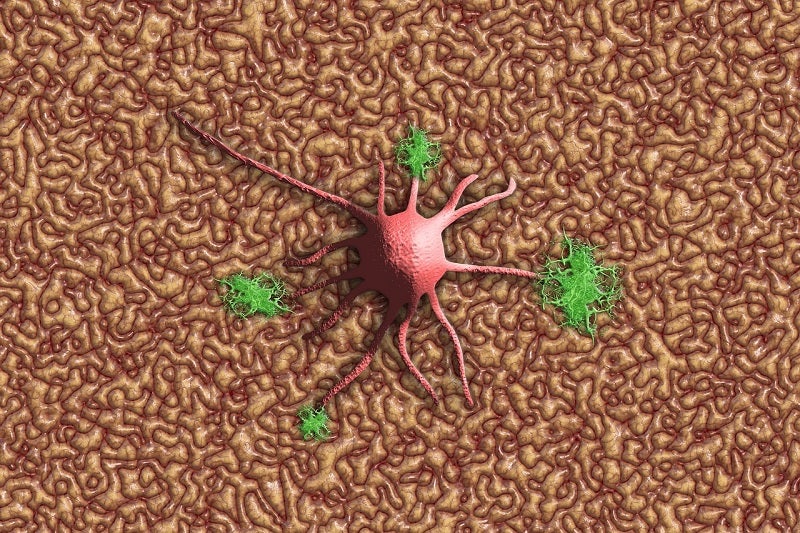

SwanBio Therapeutics has initiated the PROPEL Phase I/II clinical trial of its adeno-associated virus (AAV) gene therapy SBT101 for adrenomyeloneuropathy (AMN).
The first-in-human, multinational Phase I/II trial will evaluate SBT101, SwanBio’s lead candidate, which is intended to treat the progressive and debilitating neurodegenerative disease.

Discover B2B Marketing That Performs
Combine business intelligence and editorial excellence to reach engaged professionals across 36 leading media platforms.
It will assess the therapy’s safety and efficacy and will incorporate learnings from CYGNET that pilots the use of wearable technologies for minimising onsite visits for patients.
The study will also investigate the way SBT101 may affect AMN progression.
SwanBio Therapeutics CEO and director Tom Anderson said: “As we wrap up a pivotal year for SwanBio, I am pleased to announce that we have successfully initiated PROPEL, our first interventional clinical study.
“This milestone comes on the heels of completing enrollment and over-subscribing our natural history study, CYGNET.

US Tariffs are shifting - will you react or anticipate?
Don’t let policy changes catch you off guard. Stay proactive with real-time data and expert analysis.
By GlobalData“These two achievements not only demonstrate Swan’s ongoing commitment to the AMN community, but also highlight the exceptional creativity and execution capabilities of our team.”
The company expects to dose the first patient in the PROPEL clinical trial early next year.
The first clinical-stage therapy candidate SBT101 showed functional improvement and dose-dependent improvement of disease markers in AMN mouse models in preclinical trials.
In addition, SBT101 was found to be well-tolerated in non-human primates through to six months after treatment.
Earlier this year, the FDA granted clearance for SwanBio’s Investigational New Drug application for the therapy, as well as Fast Track and Orphan Drug Designation.
AMN is caused by mutations in the ABCD1 gene that disrupt the spinal cord cells and other tissue function. No approved therapies are available for the treatment of the disease.
Cell & Gene therapy coverage on Clinical Trials Arena is supported by Cytiva.
Editorial content is independently produced and follows the highest standards of journalistic integrity. Topic sponsors are not involved in the creation of editorial content.

